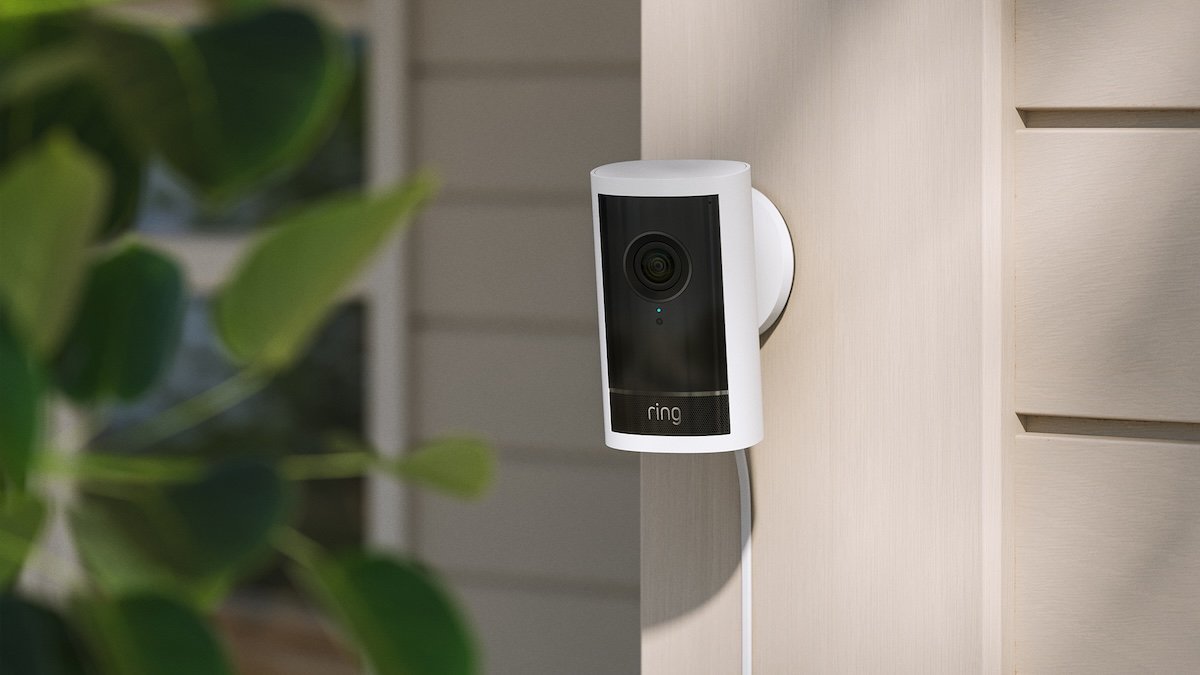Amazon's Ring has partnered with Flock Safety, an AI camera network used by law enforcement, enabling agencies to request footage from millions of doorbells for investigations. This raises alarms over exacerbated racial biases in AI and Ring's history of security breaches, including a $5.8M FTC fine for unauthorized video access. The alliance could dramatically expand government surveillance capabilities while testing consumer trust in smart home tech.

In a move that intensifies debates over privacy and AI ethics, Amazon's Ring announced a partnership with Flock Safety, a company providing AI-powered surveillance cameras to law enforcement agencies like ICE, the Secret Service, and police departments. The collaboration, revealed Thursday, allows Flock's government clients to request video footage from Ring doorbell users to aid in "evidence collection and investigative work." This integration effectively merges two massive surveillance networks, creating an unprecedented web of real-time monitoring that could redefine urban security—and civil liberties.
Flock's technology relies on artificial intelligence to scan and analyze license plates, vehicle details, and even physical descriptions from its camera feeds. Agencies can perform natural language searches, such as requesting footage of "a red sedan near Main Street," to pinpoint individuals swiftly. However, studies consistently show that AI systems like these disproportionately misidentify people of color, potentially worsening racial profiling in policing. As one cybersecurity expert noted, "Automating bias at scale doesn't just fail communities—it weaponizes technology against them."
The timing of the announcement is striking. Hours before Ring's disclosure, 404 Media reported that federal entities including ICE and the Navy already tap into Flock's camera network. By partnering with Ring, which boasts millions of installed devices globally, Flock gains access to a vast new data reservoir from residential neighborhoods. This comes amid Ring's troubled history: In 2023, the FTC fined the company $5.8 million after revelations that employees had unfettered access to customer videos for years. Such vulnerabilities raise dire questions about how this expanded network could be exploited. As Amanda Silberling reports for TechCrunch, the deal underscores a chilling trend where convenience erodes consent, with homeowners unwittingly feeding into a surveillance apparatus far beyond their doorsteps.
For developers and tech leaders, this partnership signals urgent considerations. Smart home devices are evolving into nodes of public surveillance, demanding stronger encryption and ethical AI frameworks to prevent misuse. The FTC's action against Ring highlights how data governance failures can cascade into systemic risks. As these networks grow, the onus is on the industry to prioritize transparency and bias mitigation—or risk a backlash that could stifle innovation. In an era where every camera becomes a potential government eye, the line between security and overreach has never been blurrier.

Comments
Please log in or register to join the discussion